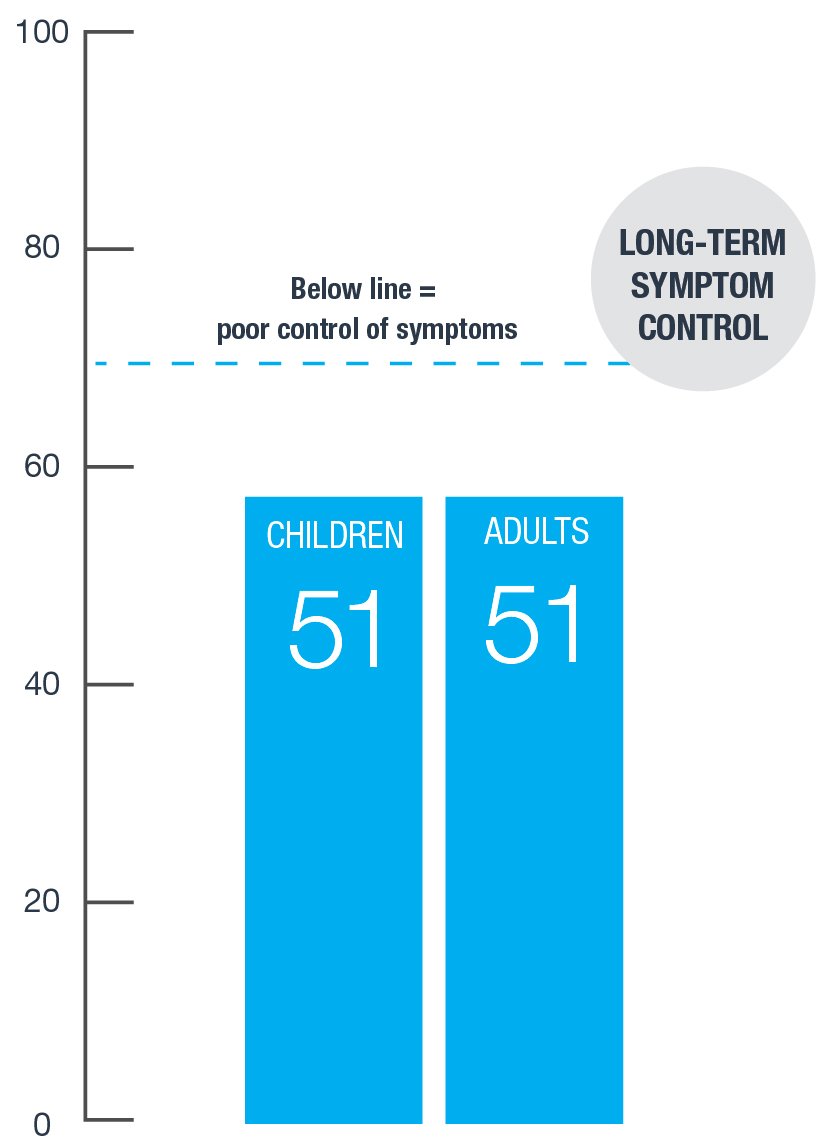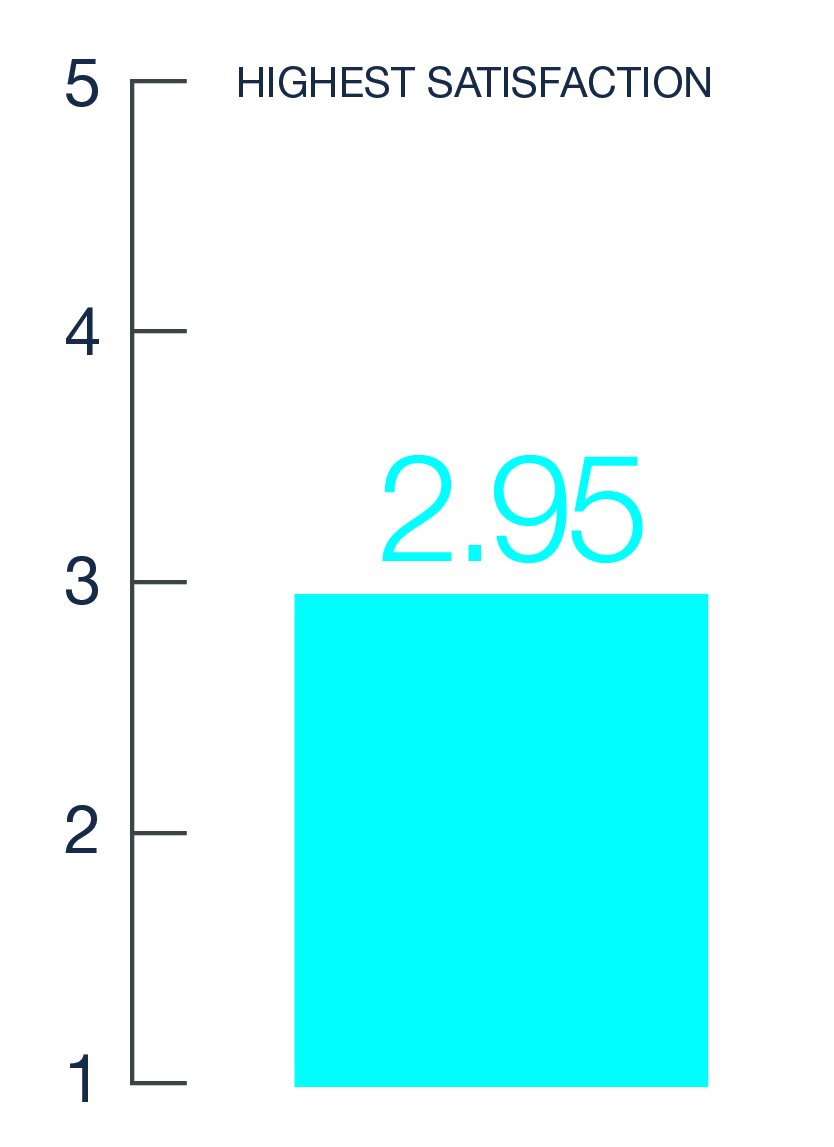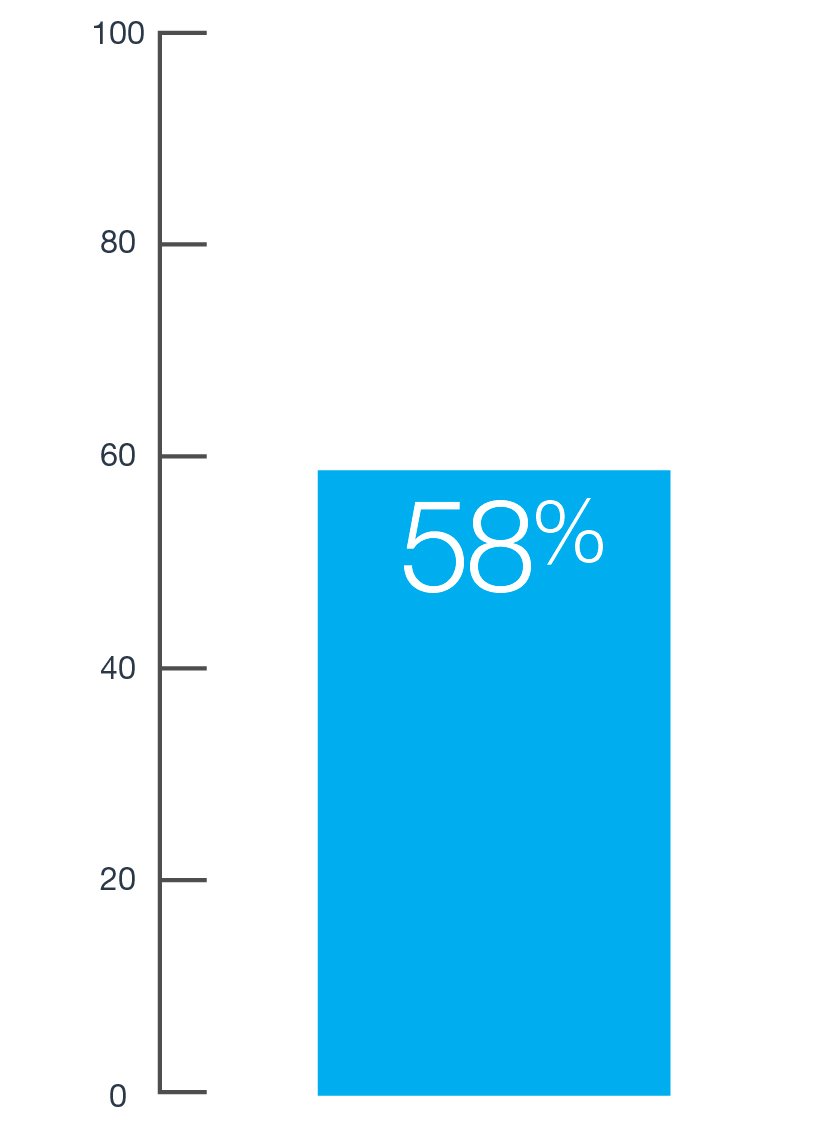
Germany
Dashboard Indicators
-

Long-term Control of Eczema Symptoms
Scores are based on responses to the AD Control Tool: https://www.adcontroltool.com/adct-how-to-use/adct-in-clinical-practice
Data source: GPIIEC global survey of 3,253 patients and caregivers, 2022.
-

Satisfaction with Eczema Treatments
Self reported satisfaction with current treatments (caregivers and adults).
Data source: GPIIEC global survey of 3,253 patients and caregivers, 2022.
-

Life Span Trade-Off (Health Utility)
Percent of remaining life span adult patients would trade off in order to be restored to perfect health. (Derived from EQ5D Utility Scores).
Data source: GPIIEC global survey of 3,253 patients and caregivers, 2022.
-

Eczema Patients Self Reported Health to Compared to Country Average
Self-rated quality of life score for the average person compared to the self-rated quality of life score for adults with eczema.
Data source: GPIIEC global survey of 3,253 patients and caregivers, 2022.
-

Dimensions of Health – Relative Impact (Adults)
Data source: GPIIEC global survey of 3,253 patients and caregivers, 2022.
-

Financial Burden – Impacts
Percent of respondents (adults and caregivers) who reported using savings, borrowing money and/or reducing spending due to eczema. Higher = More Financial Impact
Data source: GPIIEC global survey of 3,253 patients and caregivers, 2022.
-

Shared Decision Making
The percentage of respondents who indicated that the healthcare provider whom they see for eczema asked about their priorities for their eczema care at the most recent visit.
Data source: GPIIEC global survey of 3,253 patients and caregivers, 2022.
-

Eczema Education and Training
Respondents who said a health care provider had ever suggested they attend an eczema training program that happens after the office visit.
Data source: GPIIEC global survey of 3,253 patients and caregivers, 2022.
-

Access to Dermatologists
Germany ranked 3rd out of the 10 countries on this measure.
Source: “Physicians by Medical Specialty .” Eurostat , 2016, appsso.eurostat.ec.europa.eu/nui/show.do?dataset=hlth_rs_spec&lang=en.
-

Evidence-Based Guidelines
Germany’s guidelines met all criteria for a high-quality guideline.
Scoring criteria for the guideline measure >
Source: Werfel, Thomas, et al. “S2k Guideline on Diagnosis and Treatment of Atopic Dermatitis - Short Version.” JDDG: Journal Der Deutschen Dermatologischen Gesellschaft, vol. 14, no. 1, Wiley, Dec. 2015, pp. 92–105. Crossref, doi:10.1111/ddg.12871
Literature Review Key Findings
The German literature comprehensively describes comorbid mental health associations in children with AD. Compared to patients in other countries of interest, German patients seem more satisfied with their care, more satisfied with treatment options, and more amenable to using topical therapies, though it is hard to draw robust cross-national comparisons in the absence of standardized satisfaction measures. A major development in Germany has been the successful implementation of educational interventions, with improvements in the QoL parameters of both children with AD and their caregivers as well as a reduction in disease severity. The GADIS trial and subsequent studies of the effectiveness of educational interventions make Germany a leader in this regard and may provide a model with which other countries may begin to address unmet needs.
Learn more about the findings gathered from the Germany literature review.
